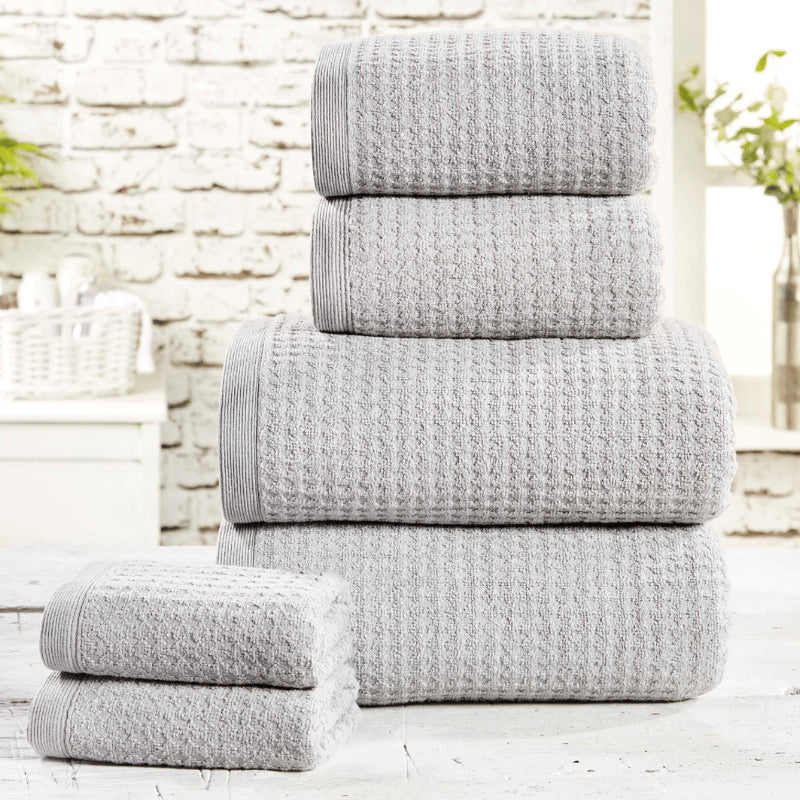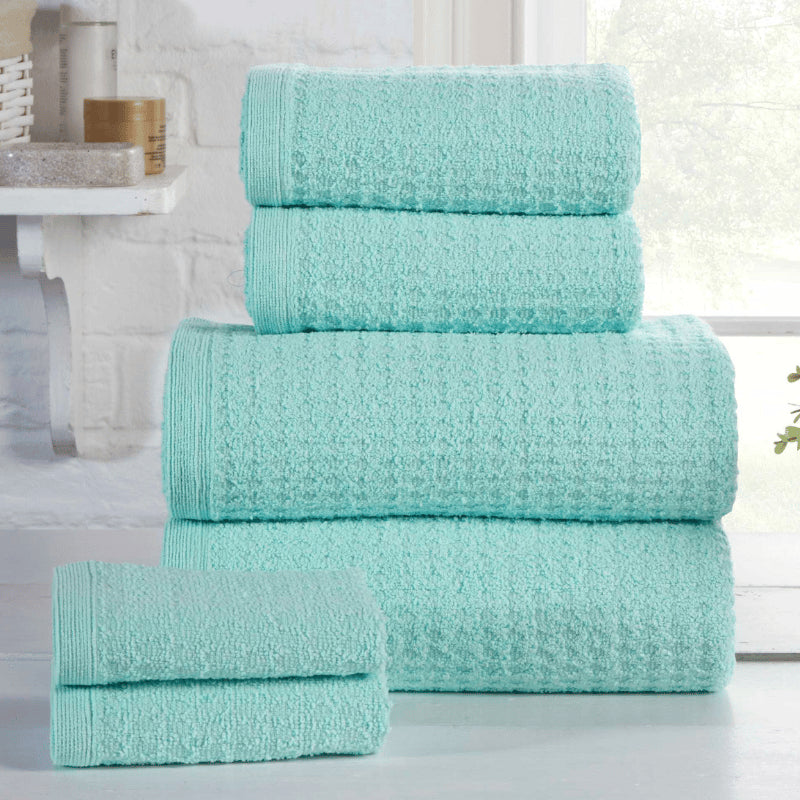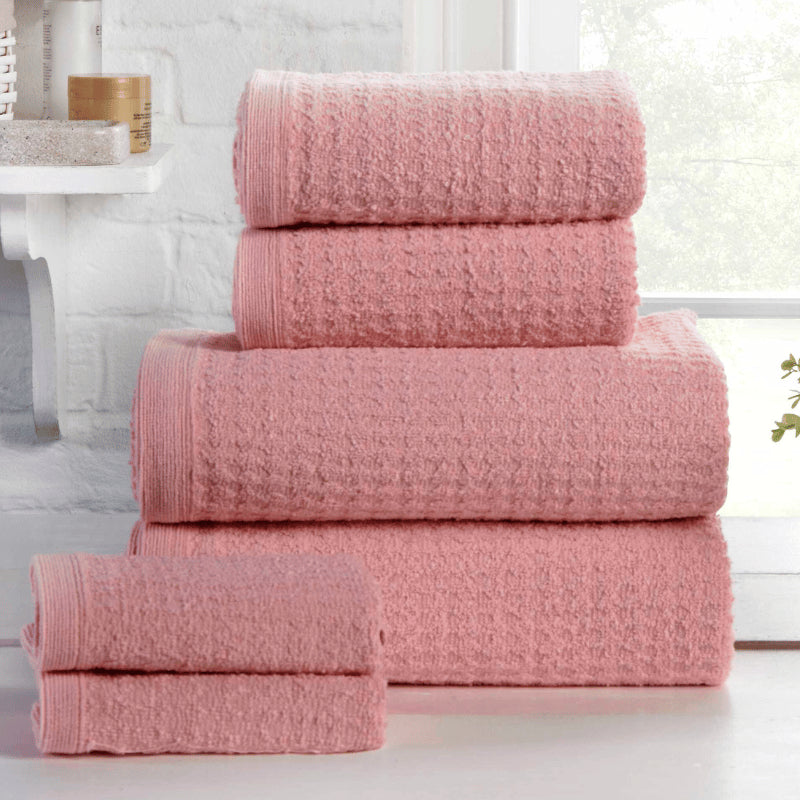Getting a good night’s sleep isn’t just about having a comfortable mattress and soft bedding—it’s also about creating the right sleep environment, and temperature plays a crucial role. Studies suggest that the ideal bedroom temperature for quality sleep is between 16-18°C (60-65°F). But why is this the perfect range, and how can you adjust your bedroom to achieve it?
Why Temperature Affects Sleep
Your body follows a natural circadian rhythm, which signals when it’s time to sleep and wake up. As bedtime approaches, your body temperature naturally drops, signalling the brain to produce melatonin, the hormone responsible for sleep. If your room is too hot or too cold, this process can be disrupted, leading to restlessness, poor sleep quality, and frequent awakenings.
The Dangers of a Hot or Cold Bedroom
- Too Hot (Above 21°C / 70°F) – Overheating can cause night sweats, dehydration, and discomfort, preventing you from reaching the deep, restorative stages of sleep. Hot temperatures can also increase restlessness and insomnia, leaving you feeling groggy in the morning.
- Too Cold (Below 12°C / 54°F) – While a cooler room is generally better for sleep, being too cold can make it harder for your body to relax. Shivering or feeling chilly can cause sleep disruptions, leading to a fragmented night’s rest.
How to Maintain the Perfect Sleep Temperature
If your bedroom isn’t naturally within the 16-18°C (60-65°F) range, here are some tips to help regulate it:
Cooling Your Bedroom:
- Open windows or use a fan to improve air circulation.
- Choose a breathable bedding like cotton, bamboo, or linen, which wick away moisture and prevent overheating.
- Wear lightweight, breathable pyjamas to avoid overheating at night.
- Use a cooling mattress topper if your mattress retains too much heat.
- Keep blinds or curtains closed during the day to block out sunlight and heat build up.
Warming Your Bedroom:
- Use a warm but breathable duvet—a higher TOG rating (10-13.5) is ideal for winter.
- Wear thermal sleepwear or socks to keep warm without overheating.
- Consider a hot water bottle or heated blanket, but don’t make it too warm, as overheating can disrupt sleep.
- If your room is drafty, use thermal curtains to retain heat.
Final Thoughts
Your bedroom temperature has a direct impact on sleep quality, so finding the right balance is key. Keeping your room cool, but not too cold, helps your body regulate temperature naturally, leading to deeper, more refreshing sleep. By making small adjustments, you can create the perfect sleep environment and wake up feeling rested, rejuvenated, and ready for the day!





























